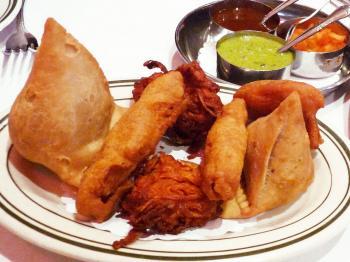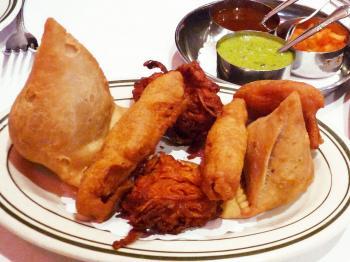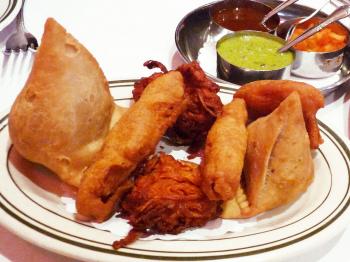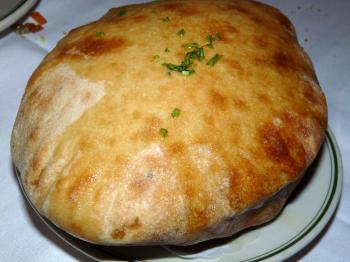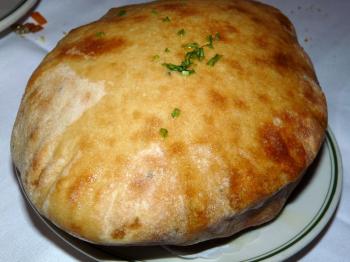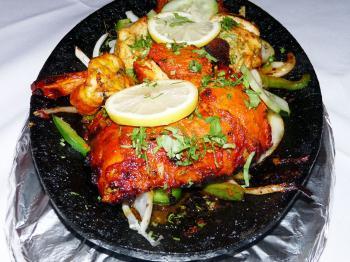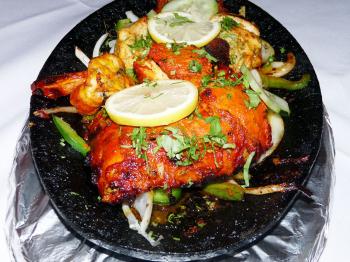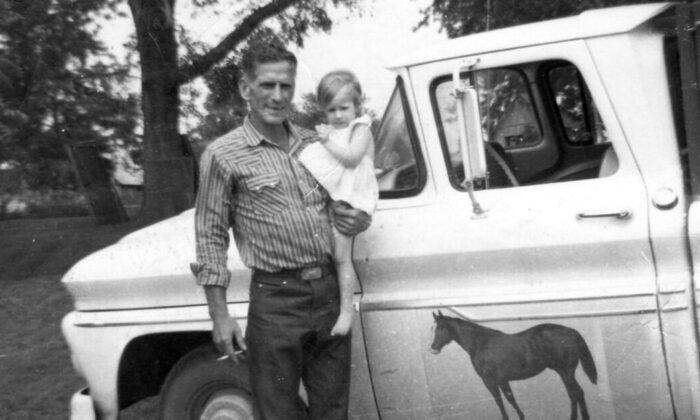The opening had an air of a scaled-down Olympic Games, with lots of music, some speeches, and the marching in of the teams who eventually filled the whole field. Six young players took the “Gothia oath” of fair play and respect in Arabic, French, German, Spanish, Swedish, and English in front of the big crowd.
This year saw the first visit of a team for 14-year-old boys from Congo, FC Brazzaville. They came from a soccer school started by Gothia Cup and the Swedish mission church, Missionskyrkan. Each year, the church sends a few “soccer volunteers” to the school in Congo.
Many children in Congo have suffered because of the war. They have lost their parents, homes, and hope for the future. Centre Gothia Cup has contributed to many youths from different ethnic groups interacting in their clubhouse and on their soccer fields, something most of them wouldn’t have dared to or even been able to do before. In Brazzaville, it is said that the soccer project has been an important contribution to the peace efforts.
Karl-Johan Ericson, one of the “soccer volunteers” has just returned from 8 months of working in Congo. He and the team are at Heden, a former military excercise ground in the heart of Gothenburg, now the home of six soccer fields. He talked to The Epoch Times outside a temporary dental clinic built at Heden, for the soccer-playing youth.
“The entire team is here to have a checkup. They can’t get dental care at home, because they have no money. Everyone gets an examination and they even get their teeth fixed, it’s great.”
Great or not, the Congolese kids can’t be coaxed to smile for the camera; of course they’re not alone in being afraid of going to the dentist. All the sights and sounds of being in Sweden are perhaps getting to them as well. This is their third week in the country. They arrived two weeks in advance of the tournament to allow time for meeting other team members and preparing for the cup.
“To them, this is amazing in many ways, something very different from what they’re used to-lots of new impressions. To come here and play soccer is a dream for them”, says Karl-Johan Ericson. This year the dream came true. “This year we were able to bring a team over, thanks to a fantastic private sponsor, a Mr. Per Johansson.”
It must indeed have seemed like a dream to the boys during the opening of the Gothia Cup, when the speaker told the audience about the soccer project in Congo as the players ran out on the pitch. Imagine the full stadium, some 52,000 people, giving them a roaring cheer.
After two wins and a loss, the team went up against the Chiparamba Great Eagles from Zambia. The Great Eagles proved too difficult, and FC Brazzaville was eliminated. The Zambian team would go on to win in their age group.
Facts:
Gothia Cup was started in 1975 by two Swedish soccer clubs in Gothenburg, Sweden. Nowadays only one of them, BK Häcken, is still arranging the tournament, and their economy is sound. BK Häcken and Gothia Cup run soccer schools in Burkina Faso, Thailand, and Congo, where not only soccer but also education in democracy and regular school subjects are on the curriculum.
Travel for teams from poor countries is subsidized by the arranger.
In the first year 275 teams from 6 countries participated, playing on 6 fields.
This year, 1561 teams from 63 countries participated, playing on 110 fields.
Some 34,200 youths aged 11-19 participated. Together with parents and coaches, the total number of participants was 59,200. They were billetted in 60 schools and 15 hotels.
As of this year, Gothia Cup is also officially The World Youth cup.
